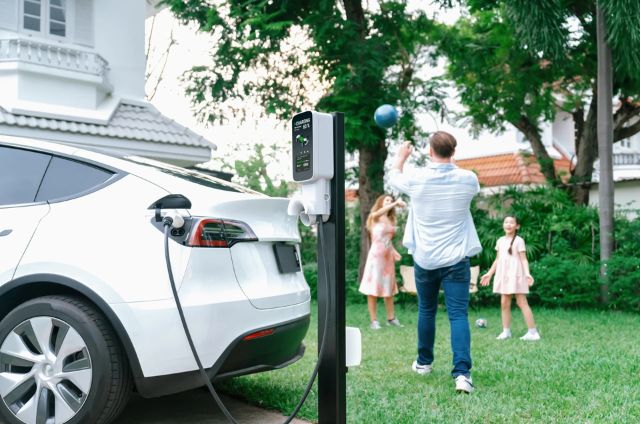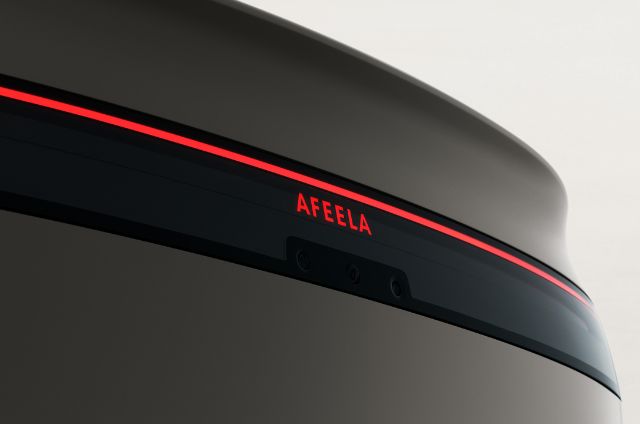A New Study with Big Implications
Electric vehicles aren’t just climate-friendly—they also offer a powerful tool for improving children’s health. A recent study published in Environmental Research suggests that replacing gas-powered cars with EVs could significantly improve living conditions for families across the U.S.
The research team explained in The Conversation that even modest adoption rates of EVs can make a measurable difference. In some states, replacing just 7% of gas vehicles could lead to improvements in public health. In others, up to 42% may be needed to see the same impact. These numbers vary based on population density and the number of older, higher-emission vehicles on the road.
Cities Stand to Benefit Most
Children growing up in cities often live close to busy roads. That means they’re more exposed to traffic-related pollution and noise. By reducing the number of gas vehicles, EVs can lower harmful emissions, improving air quality, and helping kids breathe cleaner, safer air.
Noise pollution also drops with EV adoption. Gas engines contribute to constant low-level noise, which has been linked to elevated stress, sleep disruption, and reduced focus in children. Quieter streets offer not only peace of mind but real mental and emotional benefits for growing minds.
More Than Just Cleaner Air
Improving children’s health goes beyond cleaner lungs. Poor air quality and traffic noise have been associated with developmental delays, difficulty concentrating, and even higher risks of behavioral challenges. By transitioning to EVs, communities can build healthier spaces for children to learn, grow, and thrive.
Powering the Change the Right Way
The study does come with a caveat: where the power comes from matters. If EVs rely on electricity from coal or gas plants, pollution doesn’t disappear—it just moves. For the full benefit, EV adoption must align with clean energy sources like solar, wind, or hydro.



